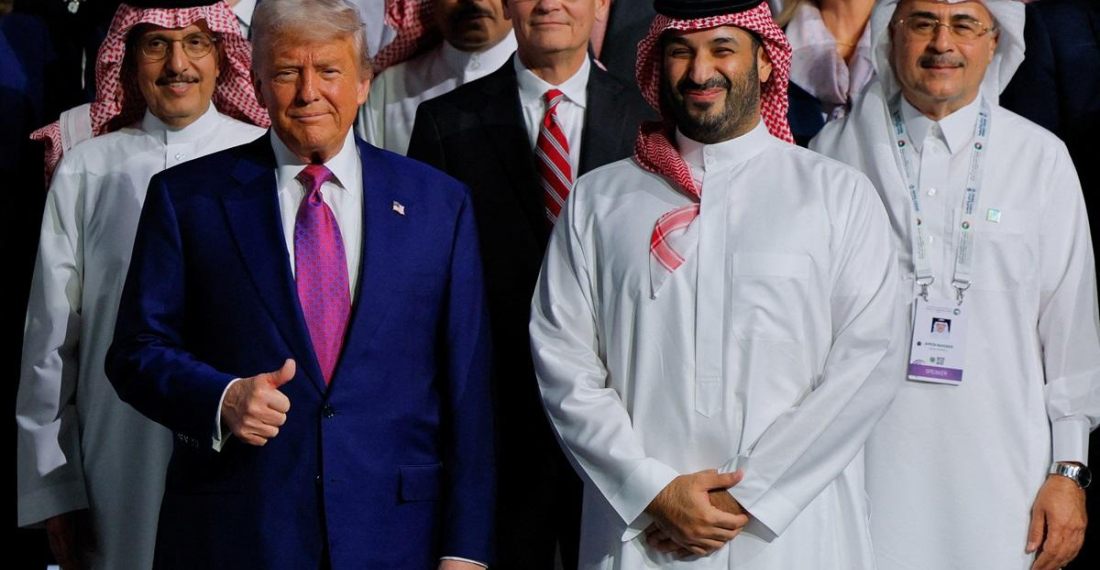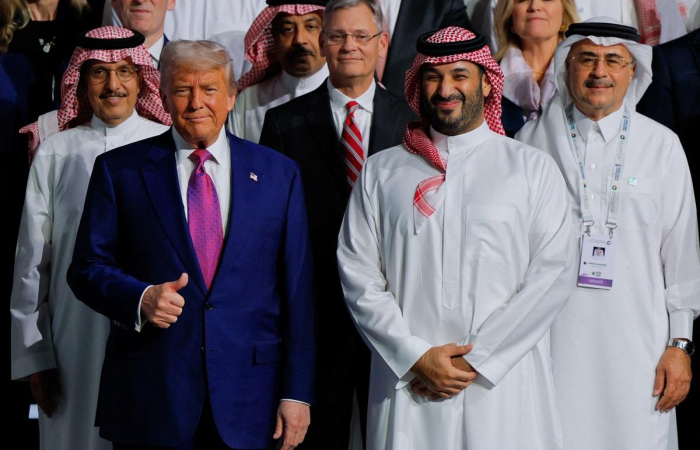The US has agreed to sell Saudi Arabia an arms package worth nearly $142 billion, according to a White House fact sheet that called it "the largest defence cooperation agreement" Washington has ever done. The agreement, signed during US President Donald Trump's visit to the Saudi capital Riyadh, covers deals with more than a dozen U.S. defence companies in areas including air and missile defence, air force and space advancement, maritime security and communications, the fact sheet said. Saudi Arabia is the largest customer of U.S. arms.
Former President Joe Biden's administration tried unsuccessfully to finalise a defence pact with Riyadh as part of a broad deal that envisioned Saudi Arabia normalising ties with Israel. The White House fact sheet did not mention if Riyadh would be permitted to purchase Lockheed's F-35 jets, the military aircraft that the kingdom has reportedly been interested in for years.
However, it was not clear if Washington would permit the kingdom to move forward with a purchase that would give Saudi Arabia an advanced weapon used by close U.S. ally Israel. Israel has owned F-35s for nine years, building multiple squadrons. Governments in the Gulf have long sought the most advanced fighter jet, built with stealth technology allowing it to evade enemy detection. If the U.S. did approve the transfer, Saudi Arabia would be only the second Middle East state after Israel to operate F-35 fighters.
In a comprehensive hour-long speech later on Monday, the US president heaped praise on Saudi Crown Prince Mohammed Bin Salman, saying the US and Saudi Arabia were taking steps to make their relationship "more powerful than ever before".
He also announced that the US would remove sanctions from Syria in order to give the country "a chance at greatness". Trump said he wanted to strike a deal with Iran but warned the country's leaders that if they rejected his "olive branch" he would "inflict massive, maximum pressure". And on the war in Gaza, the US president said the civilian population "deserve a much better future".
Mohammed bin Salman, in contrast, spoke comparatively little at the event - but said the US and Saudi Arabia share "deep economic relations", and would "continue to build" together.
Trump will continue his four-day tour of the Middle East with visits to Qatar on Wednesday and the UAE on Friday - he is also expected to meet the Syrian President Ahmed al-Sharaa in Saudi Arabia tomorrow






